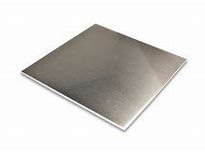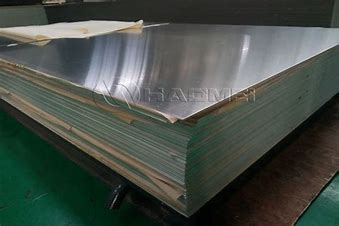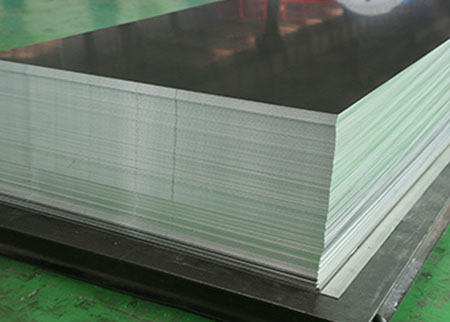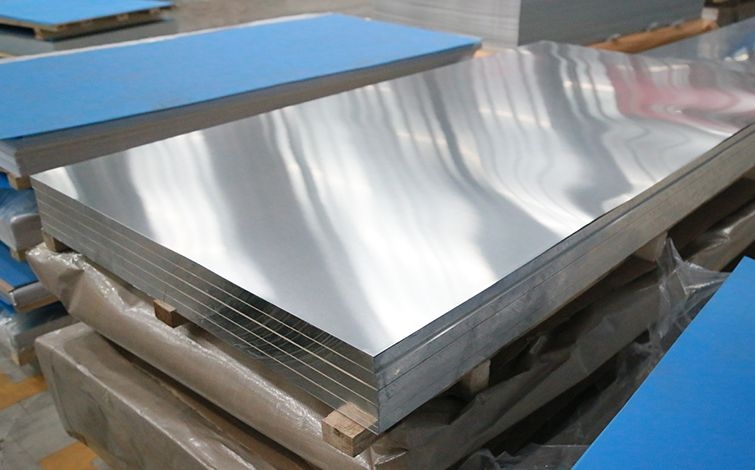



Aluminum coils are an extremely versatile material, used in a wide range of applications across various industries. When it comes to aluminum coils, there are a variety of different alloys to choose from. Three of the most common options are 1050, 1100, and 3005.
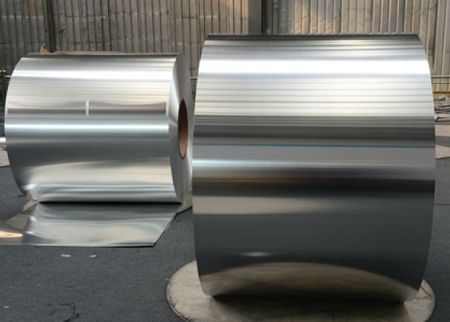
Although these alloys share some similarities, they also have distinct differences that make them better suited for certain applications. Understanding the differences between the three alloys can help you make an informed decision about which one to use for your specific needs.
1050 aluminum coils are a popular choice for their relatively low cost and high conductivity. They are often used for applications that require good electrical conductivity, such as in transformers and other electrical components.
In addition to their excellent electrical conductivity, 1050 aluminum coils also have good corrosion resistance and are easily formed, making them useful for a wide range of applications. They are commonly used in the construction industry as well, particularly for roofing and cladding.
1100 aluminum coils are another popular option, known for their high corrosion resistance and good formability. They are commonly used in applications that require good weldability, such as in cooking utensils and heat exchangers.
In addition to their excellent formability and weldability, 1100 aluminum coils are also used in the construction industry for roofing and siding. They are particularly useful in areas with high levels of saltwater exposure, as they are highly resistant to corrosion.
3005 aluminum coils are a newer alloy that was developed specifically for the beverage can industry. They are known for their excellent corrosion resistance and high strength, making them ideal for use in harsh environments.
In addition to their high strength and corrosion resistance, 3005 aluminum coils are also highly formable, allowing them to be easily shaped into complex designs. This makes them useful in a wide range of applications, particularly in the automotive and aerospace industries.
In summary, the choice between 1050 aluminum coils, 1100 aluminum coils, and 3005 aluminum coils depends on the specific requirements of the application. Each alloy has its own unique properties that make it better suited for certain uses. With the right choice of alloy, aluminum coils can offer excellent performance and durability for a wide range of applications.
* Thank you for your inquiry. Please provide your business needs information so that we can better serve you.
This information can help us assign the most suitable person to solve your problem. We will give you feedback within 1-2 working days.
Related Blog
